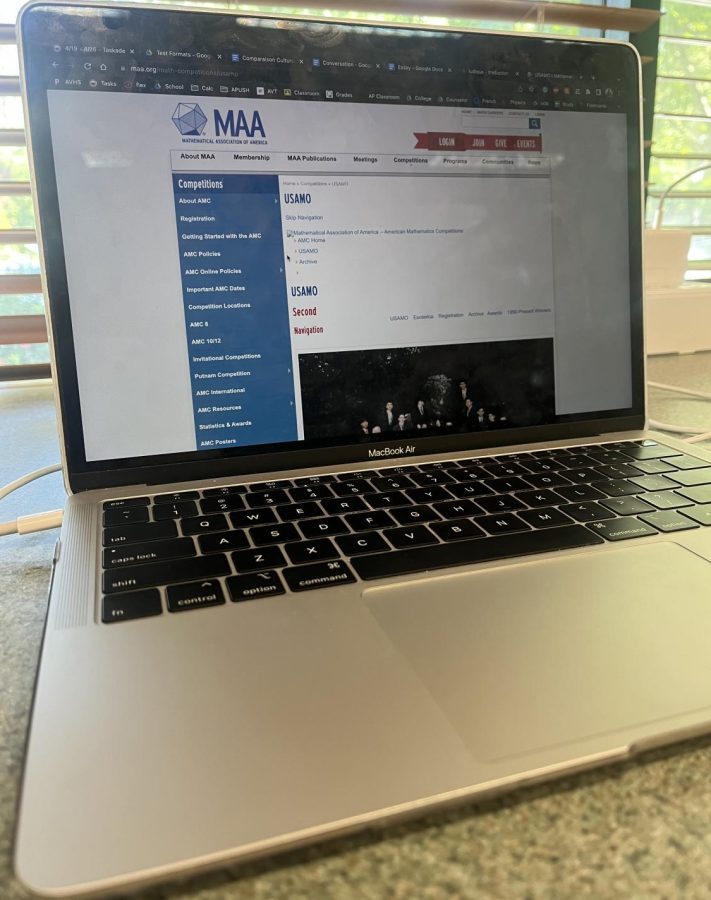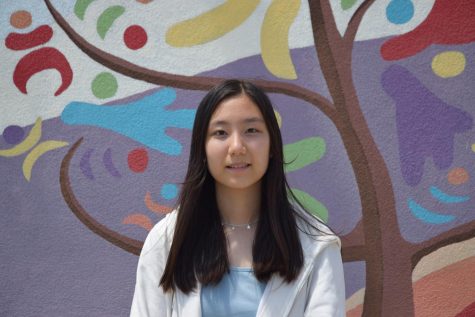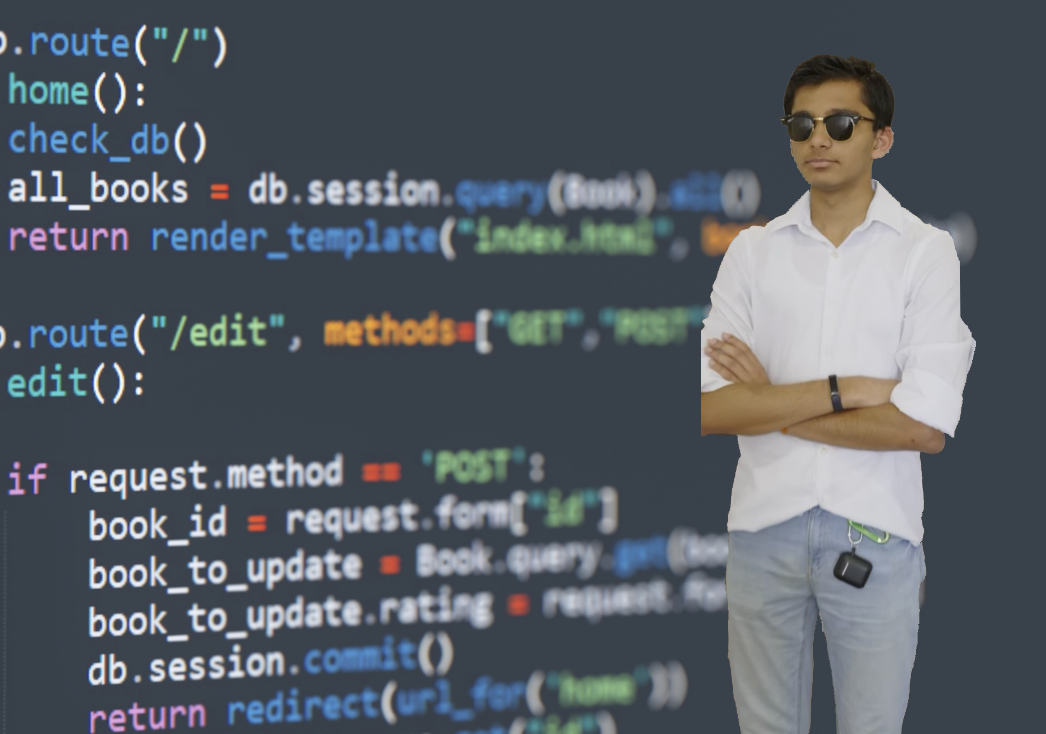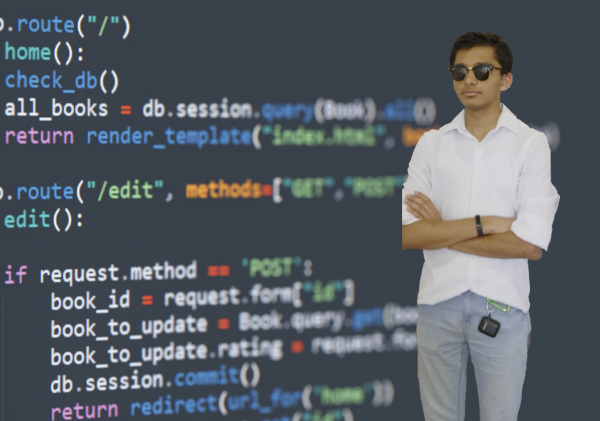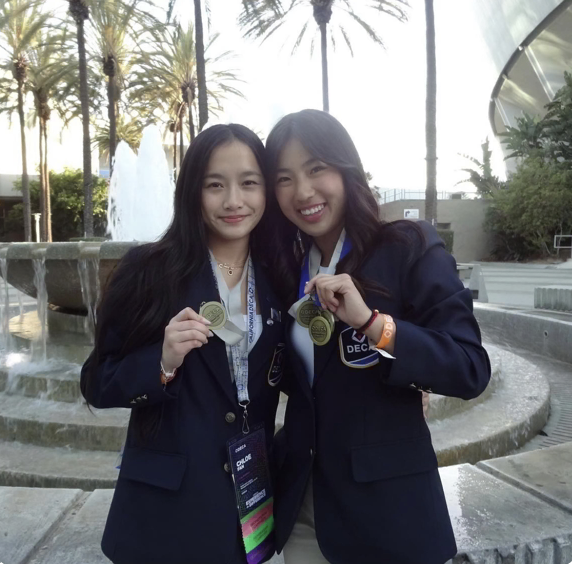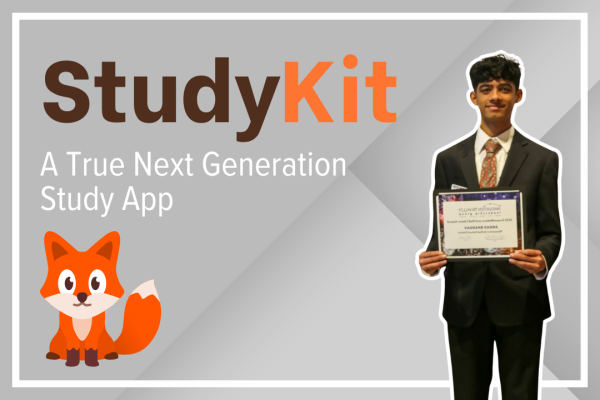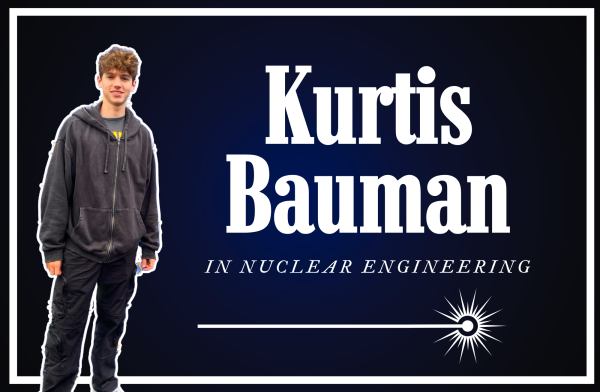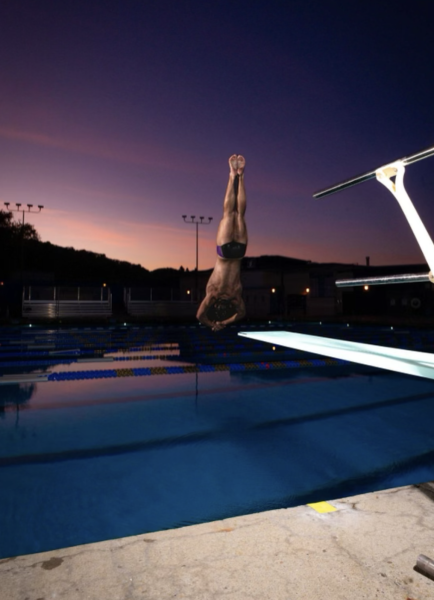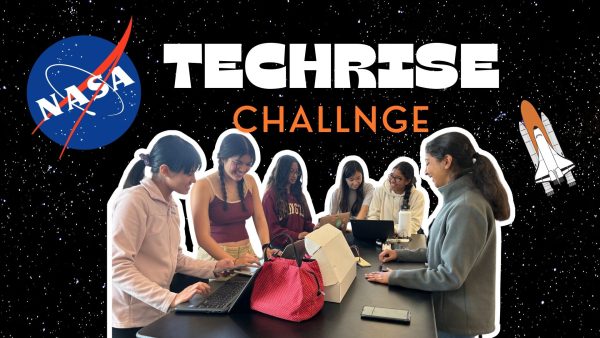Kaden Nguyen (’23), Dennis Chen (‘23), and Steven Yang (‘23) qualify for national math competition USAMO
April 29, 2022
On April 13 and 14, Kaden Nguyen (‘23), Dennis Chen (‘23), and Steven Yang (‘23) met the criteria for the United States of America Mathematical Olympiad (USAMO). This 9-hour test across the span of two days requires a great amount of focus, stamina, and preparation.
“I’ve never liked to associate practicing for math competitions with “studying”, as I look to [them] as place to enjoy a rigorous mental exercise solving problems. However, I definitely do a lot of practice problems. When I am learning about a property, I do my best to examine examples and special cases to discover the property in an intuitive way,” said Kaden Nguyen (‘23).
The USAMO is the third test in a series of exams hosted by the American Mathematics Competitions (AMC). Each exam serves as a qualifier for students who aim to gain a spot on the national team for the International Mathematics Olympiad (IMO). However, USAMO is different from regular math competitions, as it is more proof based. Before the test, all three qualifiers had very minimal experience in this subject, so they focused on that in their preparation.
“I didn’t study particularly for the USAMO, but I did learn how to write a basic proof beforehand,” said Steven Yang (‘23).
The USAMO is very competitive, as only about 500 students from the entire US and Canada qualify. In order to accomplish this feat, much of their preparation for the exam was not driven out of a desire for a certain score, but rather, their love of the subject.
“It just feels right to do math, or more accurately, it feels wrong not to. It has become an instinct in a sense. I would always have a knot in my stomach if I wasn’t learning something or bettering myself in some way. And I think this is the most valuable thing I’ve gained from math contests,” said Dennis Chen (‘23).
Even though the content of math in fact captivates them, it is the relationships they form with other people through working on a team that are the most memorable.
“There was competition amongst ourselves that helped push us, but we were all very supportive of one another. The strong camaraderie, organization, and communication between us enabled us to become one of the best teams in the state,” said Nguyen.
In addition to participating in math competitions, the three participants also engage in other extracurricular activities to foster their interest in the subject. For instance, Kaden tries to pass on his own love for problem solving to younger students by co-directing Dragon Math, a non-profit dedicated to help elementary and middle school students build the fundamentals to excel in math competitions.
“Making handouts and teaching classes has definitely deepened my understanding of the material. I also just love watching others pick up challenging ideas or getting the epiphany needed to solve a problem,” said Nguyen.
Similarly, Dennis also has been working on writing math material for people to learn with, most notably a textbook.
“The best thing about working on projects instead of just studying for a contest is that your efforts can sum up to something beyond the moment of the contest. I like to have something concrete to look back on and improve day by day,” said Chen.
The three of them all hope to pursue something math-related in the future. For instance, Kaden has experience with computer science through hackathons that he can potentially apply to his studies as well.
“I don’t have any concrete plan for what exactly I will get into, but I’ve always been interested in using my problem solving skills in Machine Learning/Artificial Intelligence through technology. I’ve been working in a research effort to create a new system, called the InterModel Vigorish (IMV). I cherish having the freedom to come up with my own ideas to answer questions and feeling like a pioneer in the world of mathematics research,” said Nguyen.
On the other hand, Dennis does not plan on doing research in the field, as they do not follow the path he has laid out for his high school experiences and activities.
“I’m hoping to dual-major in math and computer science. A couple of career paths I’ve been considering are quantitative analysis, computer engineering, and programming,” said Chen.

